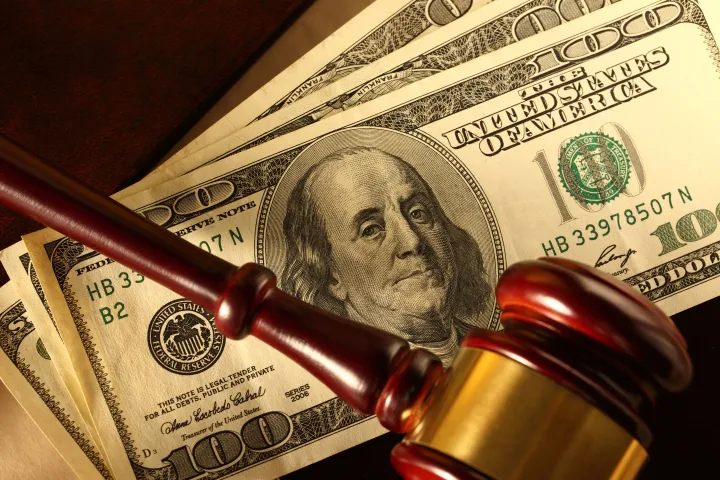Who Qualifies as a Beneficial Owner of a Company?
Identifying the beneficial owners of a company is a critical aspect of modern business practice, ensuring accountability, transparency, and compliance with legal requirements.

In the complex corporate structures and financial regulations world, the term "beneficial owner" often arises, underscoring the importance of transparency and accountability in business operations. This post aims to demystify who qualifies as a beneficial owner of a company and why understanding this concept is crucial for compliance and ethical business practices.
What is a Beneficial Owner?
A beneficial owner is an individual or group of individuals who ultimately own or control a company, even if the title of the company's assets is in another name. This definition extends beyond legal ownership to encompass those who benefit from ownership, such as earning profits or exercising control over the company's decisions.
The distinction between a beneficial owner and a legal owner is crucial. A legal owner (generally also a beneficial owner) is a person or entity whose name is registered on official documents, whereas a beneficial owner might not be publicly recorded, exerting influence or ownership through other means.
Who Qualifies as a Beneficial Owner?
The criteria for who qualifies as a beneficial owner can vary depending on jurisdiction and specific regulatory frameworks. However, there are generally recognized standards:
1. Ownership Criteria: Individuals who own 25% or more of the company's shares or voting rights are considered beneficial owners for beneficial ownership information reports (BOIR). For many businesses there is only one beneficial owner, but for other generally larger businesses, it can be more complicated.
2. Control Criteria: An individual with significant influence or control over the company, regardless of formal ownership, qualifies as a beneficial owner. This can include senior management officials, such as CEOs or CFOs, or any other person who can influence the company's decisions.
3. Through Other Means: This category covers individuals who control the company through other means, which might not involve direct ownership or a management position. For example, someone might have the ability to appoint or remove a majority of the board of directors. For more detail on this somewhat vague definition,to identify and report beneficial ownership accurately
Why Identifying Beneficial Owners is Important
Understanding who the beneficial owners of a company are is crucial for several reasons:
Preventing Financial Crimes: Knowing the beneficial owner helps in combating money laundering, tax evasion, and terrorist financing. It ensures that companies cannot hide the identities of those who might use the business for illicit purposes.
Enhancing Transparency: Identifying beneficial owners promotes corporate transparency, making it easier for investors, authorities, and the public to understand who ultimately controls a company.
Compliance: Many jurisdictions, including the Federal Government, require companies to identify and report their beneficial owners as part of anti-money laundering (AML) and countering the financing of terrorism (CFT) compliance programs.
Compliance and Reporting
Failing to identify and report beneficial ownership accurately can result in severe legal and financial consequences for businesses. Therefore, companies must conduct due diligence to determine their beneficial owners and maintain updated records. This process involves collecting personal information, verifying identities, and understanding the ownership and control structure of the company.
Conclusion
Identifying the beneficial owners of a company is a critical aspect of modern business practice, ensuring accountability, transparency, and compliance with legal requirements. It is a fundamental step in safeguarding the financial system and public trust in corporate entities. Businesses, therefore, must understand and implement robust processes to accurately identify and report on their beneficial owners, ensuring they meet the regulatory standards and contribute to preventing financial crimes.


